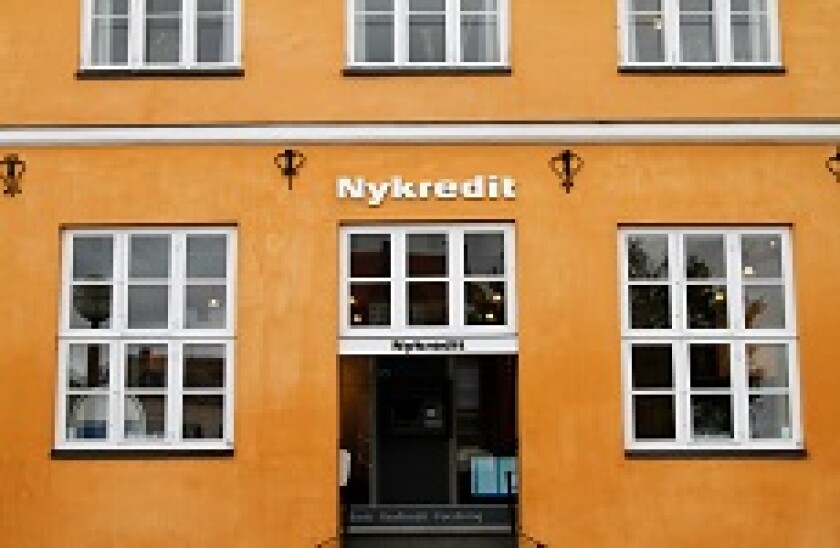Nykredit hits soft market with new-look ‘senior resolution notes’

Nykredit Realkredit found weaker conditions on its return to the senior resolution note format on Thursday, having recently updated its issuance programme to make sure the bonds will become "non-preferred" senior if Denmark changes its insolvency law.
Unlock this article.
The content you are trying to view is exclusive to our subscribers.
To unlock this article:
- ✔ 4,000 annual insights
- ✔ 700+ notes and long-form analyses
- ✔ 4 capital markets databases
- ✔ Daily newsletters across markets and asset classes
- ✔ 2 weekly podcasts
